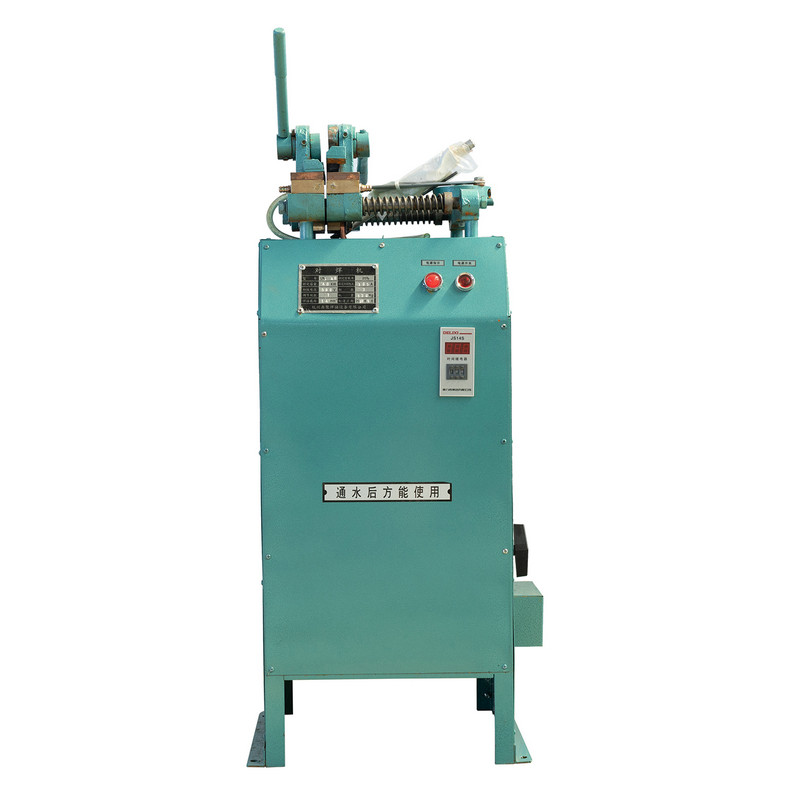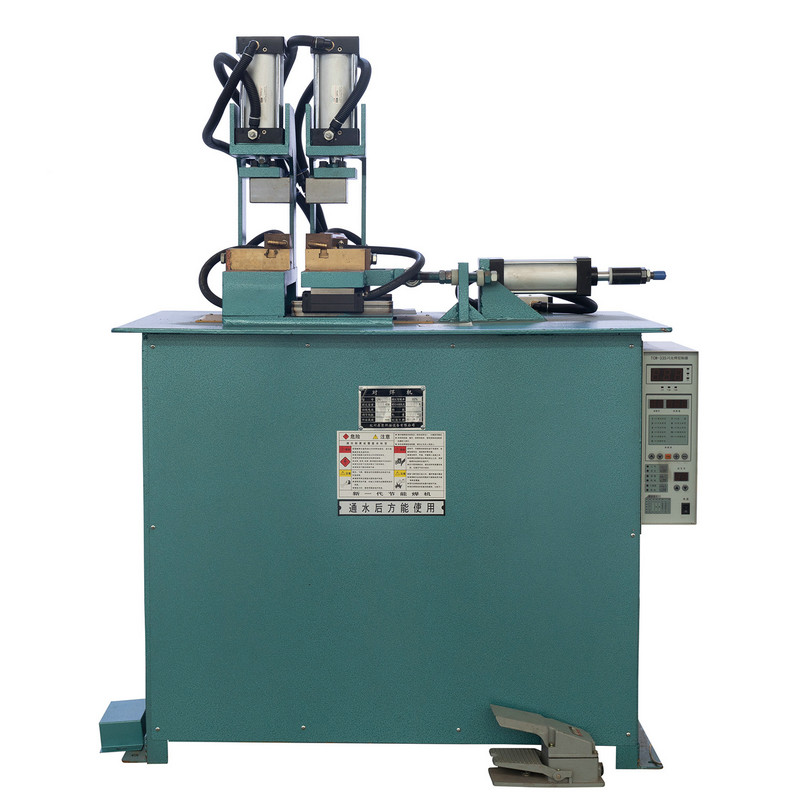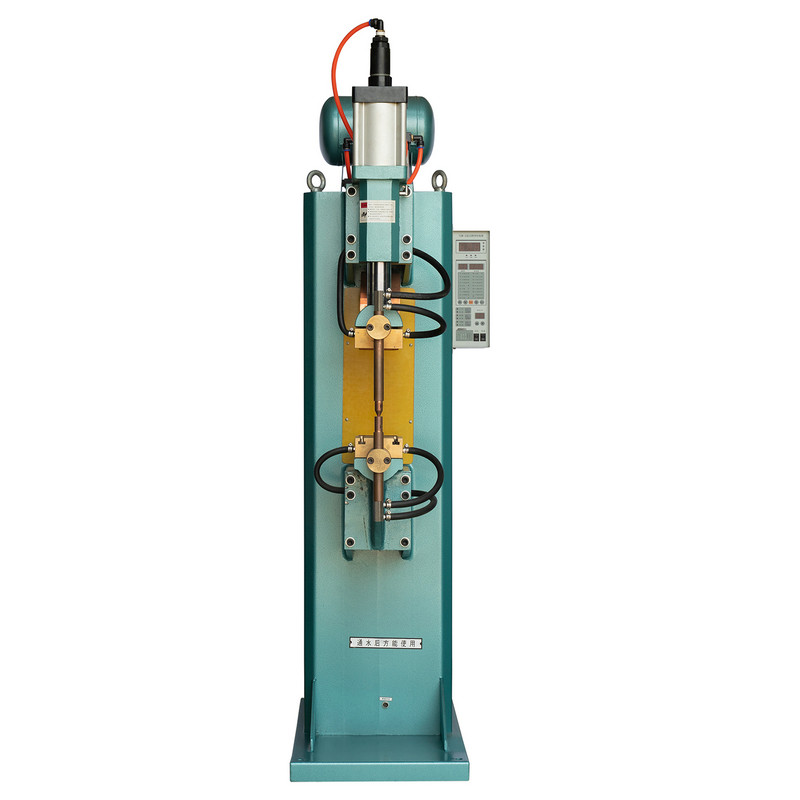1: Robot Modules Redefine Precision in Manufacturing with High-Accuracy Control
1.1: Overcoming Human Limitation in High-Precision Tasks
Traditional manual operations struggle to meet the precision requirements of modern manufacturing, especially in applications where micrometer-level accuracy is critical. Human fatigue, reaction time, and variability in execution introduce inconsistencies, leading to quality deviations, product rework, and even customer dissatisfaction. As production demand increases, the need for more reliable control mechanisms becomes urgent.
1.2: Millimeter-Level Control Enables Virtually Error-Free Production
Robot Modules integrate advanced motion control algorithms that enable precise positioning, movement, and timing at sub-millimeter levels. These intelligent modules are capable of executing repeatable actions with minimal deviation, making them ideal for industries like electronics, aerospace, medical devices, and precision assembly. The outcome is a production process that is not only faster but also highly accurate, ensuring each component is manufactured to spec.
1.3: Intelligent Control Systems Drive Quality Without Compromise
The internal architecture of Robot Modules includes high-resolution sensors, real-time feedback loops, and adaptive control algorithms. These elements work together to monitor and adjust every motion parameter instantly, maintaining accuracy even under changing conditions. This intelligent precision control eliminates the risks of manual oversight and supports continuous, high-quality output in demanding environments.

2: From Accuracy to Efficiency: Robot Modules Deliver Consistent, High-Quality Output
2.1: Eliminating Micro-Deviations to Enhance Product Quality
In manufacturing, minor deviations can cascade into major quality problems. The Robot Module’s real-time feedback systems continuously measure operational parameters and make immediate corrections. This ensures every movement—whether rotational, linear, or compound—stays within tolerance limits, virtually eliminating the possibility of defective outputs due to alignment or positioning errors.
2.2: Precision Motion Control Prevents Rework and Material Waste
Whether executing high-frequency repetitive operations or managing complex, multi-step tasks, Robot Modules maintain uniform performance. This eliminates inconsistency in production, reduces the need for quality checks and rework, and cuts down material waste. Manufacturers can meet strict product specifications on every unit, improving overall throughput and reducing cost per unit.
2.3: Consistent Execution Independent of Operator Skill or Fatigue
Unlike manual processes, which depend heavily on operator training and focus, Robot Modules deliver consistent results across multiple shifts and long production runs. This automation standardizes the production quality, regardless of operator variability, work environment, or time of day—resulting in significantly higher first-pass yield rates and reduced production volatility.

3: Long-Term Stability and Cost Efficiency Through Intelligent Automation
3.1: Scalable Efficiency With Optimized Energy and Resource Use
Robot Modules don’t just enhance quality—they optimize operations. By dynamically adjusting working parameters based on load, task complexity, or material type, these modules ensure the most efficient use of energy and materials. Reduced scrap, minimized idle time, and faster cycle completion contribute to leaner, more sustainable manufacturing workflows.
3.2: Lower Maintenance and Operation Costs Through Reliable Automation
The durability and reliability of Robot Modules significantly reduce maintenance frequency and costs. Unlike manual systems that rely on continuous operator retraining and supervision, automated modules operate with minimal human input. Their stable operation over extended periods reduces downtime, minimizes unexpected repairs, and extends the lifecycle of manufacturing assets.
3.3: A Future-Proof Investment in High-Performance Manufacturing
As manufacturing industries move toward smart factories and Industry 4.0 integration, Robot Modules offer a future-ready solution. Their compatibility with digital ecosystems, easy configurability, and scalable architecture make them a wise long-term investment. Businesses adopting Robot Modules gain not only immediate improvements in precision and efficiency but also long-term competitiveness in a fast-evolving industrial landscape.













